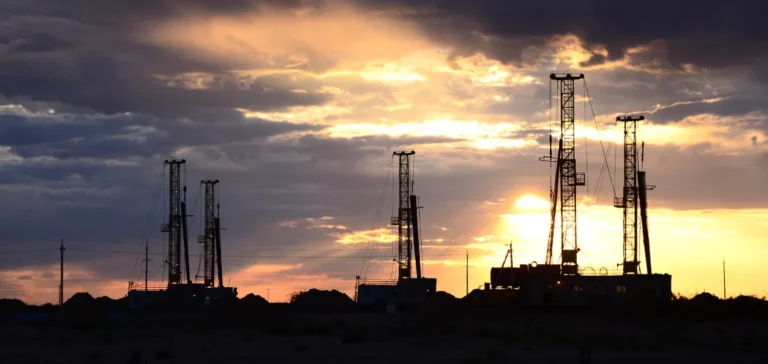NANO Nuclear Energy Inc., a U.S. company specialized in advanced nuclear technologies, announced the signing of a Memorandum of Understanding with UrAmerica Ltd., a private company holding exploration licenses for critical resources, primarily located in Argentina’s Chubut Province.
Specific objectives of the agreement
This Memorandum of Understanding (MOU) formalizes negotiations between the two companies around specific opportunities related to uranium mining and conversion into uranium hexafluoride (UF₆), a critical compound for nuclear fuel production. These discussions may lead to definitive contracts on specific projects, notably in extraction, processing, and nuclear fuel supply sectors.
Both companies are considering favorable uranium purchase agreements as well as potential investments in mining infrastructure and nuclear fuel cycle facilities. Other avenues explored include possible joint partnerships and various industrial collaborations aimed at modernizing Argentina’s nuclear sector while ensuring a reliable source of critical materials for the United States.
Strategic and political context
According to available data, Argentina holds some of the most significant uranium reserves globally. Currently, the Argentine government is studying partial privatization of its nuclear sector to attract international investments and reinforce its industrial and technological capabilities. This context represents a key element favorable to partnerships such as the one initiated by NANO Nuclear and UrAmerica.
The signed agreement explicitly provides for both companies to collaborate to enhance Argentina’s capabilities in uranium extraction and processing, thus facilitating exports to the United States. This cooperation is part of a broader dynamic aiming to secure North American energy and nuclear supply chains against global geopolitical risks.
Statements from company executives
Jay Yu, Founder and Chairman of NANO Nuclear Energy Inc., stated in an official announcement: “We are pleased to formalize these discussions with UrAmerica through this MOU, allowing our company to extend its international footprint. This collaboration aims to position Argentina as a reliable strategic partner for the U.S. nuclear sector.”
James Walker, Chief Executive Officer of NANO Nuclear, emphasized the strategic importance of the agreement’s timing: “Argentine authorities are actively seeking to reform the nuclear sector to attract foreign investment. Our goal is to quickly explore available opportunities in this South American region.”
Lastly, Omar Adra, CEO of UrAmerica Ltd., pointed out that this partnership enables optimizing local resource potential: “Our licenses in the San Jorge Basin represent significant global uranium reserves. By combining our respective competencies, this agreement can accelerate Argentina’s nuclear sector development and help diversify American supplies, thus reducing potential geopolitical risks.”






















